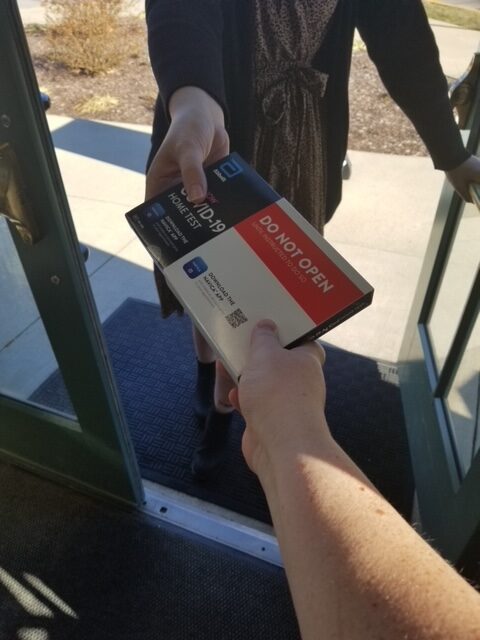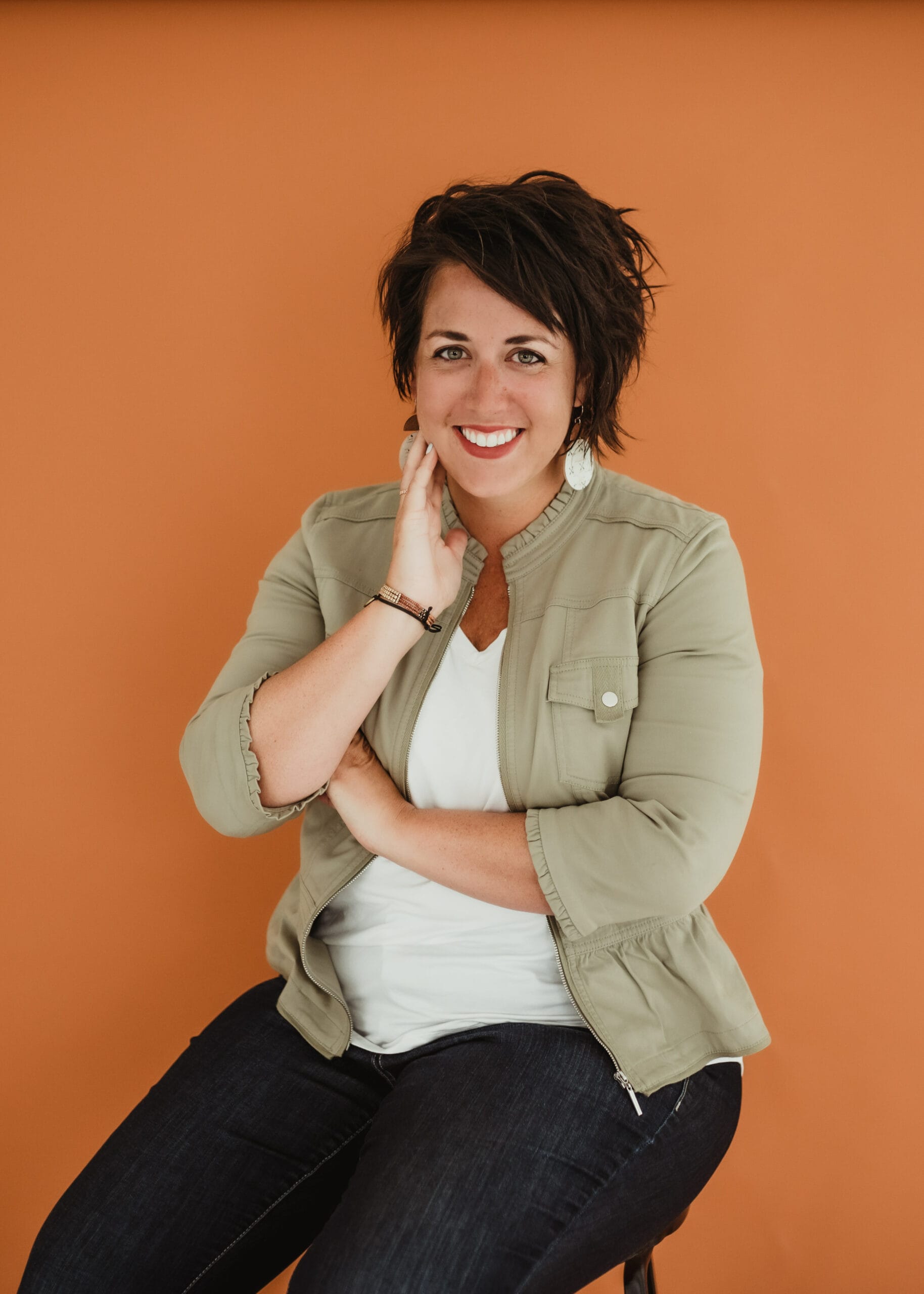What if the next time you visited your local library, you left with much more than just a book or movie? Around the country, the long-standing public institutions are using their connections with health departments to bring COVID-19 testing, vaccines, and resources to community members. Libraries have a reputation and a history of helping with much more than just finding a specific author’s work on a shelf, and the pandemic has illuminated their full potential when it comes to public health education and assistance.
One such location, Lake County Library in Madison, OH, started seeing visitors coming in to get help with signing up for COVID vaccines online, a notoriously difficult process to navigate. They rose to the challenge, aiding community members who weren’t able to operate a computer, and hadn’t ever sent an email, to receive the potentially life-saving vaccine. At some locations, specific registration stations helped seniors navigate a potentially overwhelming virtual sign-up process.
Barb Scott, a Children’s Librarian of 35 years at Bucyrus Public Library in Ohio, explained that their branch was contacted by a member of the health department, who informed them that they could have access to free rapid testing kits that people could pick up at the library. The library staff’s role was simply to distribute them, and keep a record of who picked one up.
“She provided close to 100 kits. The box in the lobby is less than half full now,” Scott says. After posting to Facebook that the kits were available, community members started making appointments to pick them up and to access them through the curbside option. A neighboring location, Crestline Public Library, also helped distribute tests. Their director told Scott that she was happy to help community members know their positive results more quickly, and isolate days sooner than they otherwise would have been able to.
As vaccines become more readily available, libraries are a potential distribution site, and some locations have already been repurposed for this. Pinal County, Ariz. Public Health Services for example are using libraries such as Florence Library as vaccination sites. Scott sees the potential for this in her library’s future as well. She says the integration of public health initiatives and library spaces is a “fantastic idea,” saying it’s already a community hub where so many programs happen anyway.
Dr. Noah Lenstra, Assistant Professor of Library and Information Science at the University of North Carolina Greensboro, has authored Healthy Living at the Library and is the Director of Let’s Move in Libraries. He says that libraries are the perfect institution for public health collaborations across the country.
“The key thing is all of their funding comes from local [government] sources; almost 90 percent comes from city or county government. Because it’s so local, there’s nobody really pulling strings at a national level. They give support and guidance but a local library can do whatever it wants,” he says. This freedom allows libraries to identify and fulfill specific needs in their communities, from helping students on free and reduced lunch plans access meals when in-person school isn’t in session, to helping people access COVID testing and vaccines. He explains this longstanding relationship (or the potential for one in some places) dates back to World War II, in NorthEast Appalacian Georgia, where a bookmobile would bring along a primary care nurse to do well checks within the community.
“People have trust invested in [libraries], so it makes sense to leverage that trust responsibly into community partnerships,” he says. Lenstra hopes to see an exchange of personnel, cross-promotion of programming, strategic planning, and coalitions to close the gap between libraries and public health initiatives.
“It’s one of the few places you can go in no matter who you are, what you look like, or if you are a citizen or not and nobody is going to ask you or check…you are welcome. People know that,” he says. “That’s extremely powerful and leads to a lot of trust.”
Not every library is offering COVID-19 resources, testing, or vaccines, so reach out to your branch in particular to determine their specific programs and opportunities.









